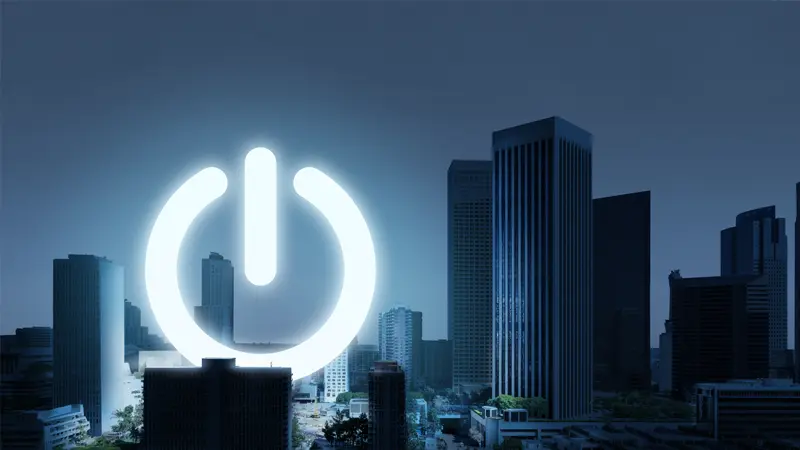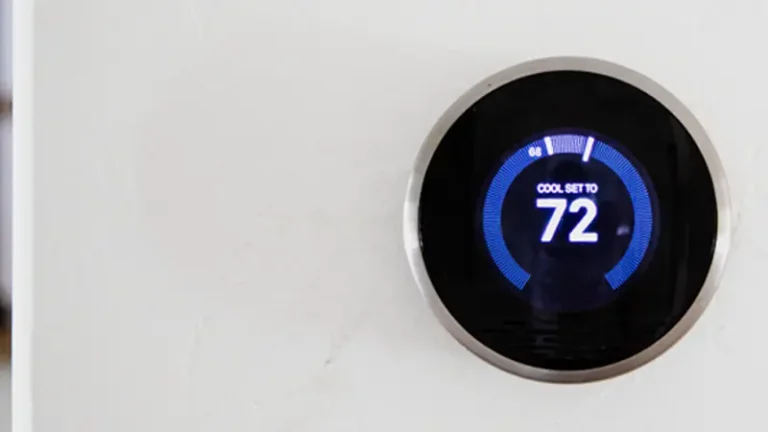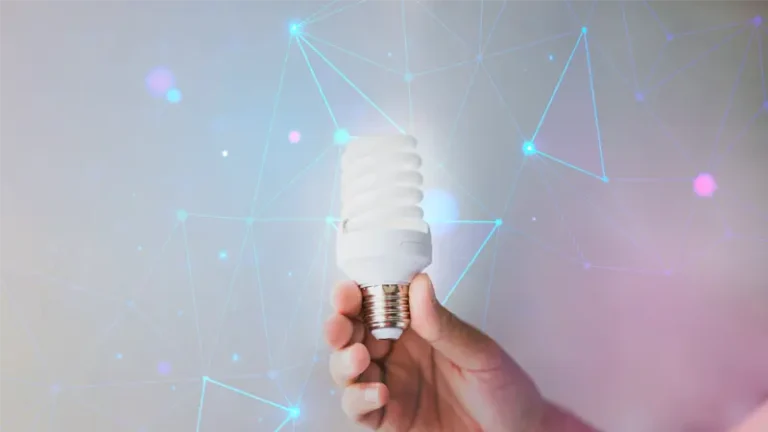In our world today, where we want to take care of the Earth, it’s important to pick things that are good for the environment. One way to do this is by using low power consumption appliances at home. These special appliances help the Earth, and they also make your energy bills smaller.
Here are some of low power consumption appliances:
Table of Contents
Kitchen Appliances
- Refrigerators: These are the important machines in your kitchen. They use special materials to keep your food cold and use energy wisely. This helps them keep your food fresh and doesn’t use too much electricity.
- Dishwashers: Save water and electricity with dishwashers that optimize cycles for efficiency.
- Induction Cooktops: These are special stovetops that heat up your pots and pans quickly. They don’t waste much energy, which means you can cook your food efficiently.
Home Electronics
- LED TVs: These are modern televisions that use less energy. They show colorful and clear pictures on the screen without using too much power, unlike older types of TVs.
- Computers and Laptops: In today’s digital world, we need computers and laptops that are strong and fast, but they shouldn’t use up too much electricity.
- Smart Thermostats: These are special devices that make sure your home is at the right temperature. They can learn what you like and change the heating or cooling to save energy.
Lighting
- LED and CFL Bulbs: When you want to brighten your home, you can use special light bulbs called LED and CFL. They use less electricity and last longer than the old-fashioned light bulbs
- Lighting Fixtures: You can make your home look nice with special lights that don’t use too much energy. They’re good for saving electricity.
Heating and Cooling
- Energy-Efficient HVAC Systems: These are machines that make sure your home is at the right temperature all year. They are made to use less energy, which is good for saving electricity.
- Heat Pumps: These are special machines that can make your home warm when it’s cold and cool when it’s hot. They are made to do this without using too much energy.
- Solar Water Heaters: These are special devices that use the sun’s heat to make your water warm. This way, you don’t need to use as much electricity or gas to heat up the water in your home.
What Are The Benefits Of Low Power Consumption?
- Energy Efficiency: Low power consumption is crucial for energy-efficient devices and systems. By minimizing the amount of power a device or system consumes, it reduces the overall energy usage, which is essential for sustainability and reducing carbon emissions. This is particularly important as the world strives to address environmental concerns and climate change.
- Extended Battery Life: In portable devices like smartphones, laptops, tablets, and wearables, low power consumption directly translates to longer battery life. Users appreciate devices that can operate for extended periods without needing frequent recharging. This, in turn, enhances user convenience and productivity.
- Cost Savings: Lower power consumption reduces operating costs for both consumers and businesses. It leads to reduced electricity bills and less frequent battery replacement or charging. In industrial and data center settings, lower power consumption can result in significant cost savings due to reduced energy consumption and cooling requirements.
- Environmental Impact: High power consumption not only affects operating costs but also has a significant environmental impact. Lower power consumption reduces the carbon footprint of devices and systems, which is critical for minimizing their impact on the environment.
- Heat Reduction: Devices and systems that consume less power generate less heat. Heat reduction is important for the longevity and reliability of electronic components. Excessive heat can lead to overheating, decreased performance, and even permanent damage to electronic devices.
- Reliability: Low power consumption often goes hand in hand with improved reliability. Devices that run cooler and use less power tend to have longer lifespans and lower failure rates. This is particularly important in critical applications, such as medical devices and automotive systems.
- Mobile and IoT Devices: In the context of mobile devices and the Internet of Things (IoT), low power consumption is essential for devices that need to run on batteries for extended periods or are powered by energy-harvesting methods (e.g., solar or kinetic energy). These devices need to be as energy-efficient as possible to function effectively.
- Regulatory Compliance: Some regions and industries have regulations and standards in place that mandate or encourage low power consumption in electronic devices. Compliance with these regulations is essential for market access and can also improve a company’s reputation.
- User Experience: Low power consumption can enhance the user experience by reducing noise, heat, and fan usage in electronic devices. A quieter and cooler operation can lead to a more pleasant and comfortable user experience.
- Scalability and Integration: Low-power components and systems are often more amenable to integration into a wide range of applications. They can be used in small, battery-powered devices and scaled up for use in larger systems, offering versatility and adaptability.
How to Choose Low Power Consumption Appliances
- Energy Star Rating: Look for an Energy Star label on an appliance, it means it’s really good at saving energy.
- Right Sizing: Choose the right-size appliance for what you need. If it’s too big, it’s a waste of energy. If it’s too small, it might use more energy trying to do its job.
- Energy-Efficient Technologies: Stay updated on the latest energy-efficient technologies available for different appliances. Some examples are fridges with inverter compressors, special lights called LEDs, and smart thermostats. These can help you save a lot of energy.
- Reading Reviews: Listen to what other people say about products in their reviews. This can help you understand how much energy a machine uses and how well it works in real life.
- Pay Attention to Labels: When you see an Energy Guide label on an appliance, it tells you how much energy it uses in a year. It also compares this to other similar machines so you can choose the one that uses less energy.
- Case Studies and Real-Life Examples: Let’s hear about the experiences of other people or relatives who made their homes better for the environment and their wallets. They saved money and helped the Earth by using less energy in their houses.
Conclusion
Getting appliances that use less power is a smart idea. It helps you save money and take care of our planet. When it’s time to get new appliances, think about getting ones that are better for the environment and your wallet. It’s a small step that can make a big difference in the world.




